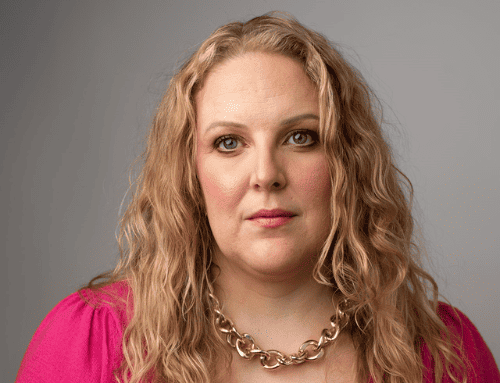Right in the midst of planning this year’s Sexualized Assault Prevention Month campaign in Whitehorse, the verdict in the Cindy Gladue case came out from Alberta. We all know the details by now: a 36 year old mother of two bled to death in an Edmonton hotel room and the jury acquitted her murderer, agreeing with his explanation that they had engaged in consensual rough sex.
There are many conversations, actions, and public demonstrations that blossomed out of this unjust decision.
But one important detail stuck out in my mind.
Cindy Gladue’s blood alcohol level was four times the legal limit. She could not legally give consent.
Yukon, again this year, has topped the country in per capita alcohol sales. Depending on what privilege you carry with you, this is either seen as a badge of pride or a recognition of our legacy of colonization, isolation, or trauma. Some may point to this reality as a cause of our high rates of sexualized assault.
But that is not what we’re talking about this month.
Drinking is not a crime. Rape is.
Drinking doesn’t cause rape. Rapists do.
Alcohol is not an excuse, it is a deliberate tool used by offenders.
We know that alcohol is the most commonly used date rape drug in this country. We hear the reality on the crisis lines, shared behind closed doors, and in public in the court room. We hear stories from women who have been the victims of sexualized violence who may not remember the details, but recognize what happened.
Perhaps even more troubling are the stories we don’t hear: the women who can’t remember the details at all, who woke up hurt, or who blame themselves for what happened. We need to remind them that they are not at fault. We need to tell them that they cannot legally give consent when they are intoxicated, and it is the responsibility of the person initiating action to get that consent. We need to stop blaming the victim.
The story that hasn’t been told about Cindy Gladue, and many other women, is how alcohol is used as a deliberate tool by offenders of sexualized assault. Sexualized assault is not an accident, not a loss of control. Offenders know that women will resist sexualized assault, so they use alcohol to overcome that resistance.
When we talk about this, especially in highschools, the black and white always gets turned into grey. How much is too much? Will I wake up tomorrow with a charge of sexualized assault? How do I get clear consent? Won’t it be awkward?
Sure, it might. But who hasn’t had an awkward sexual encounter? And who doesn’t recognize that alcohol is around, and is a reality? In fact, I’m pretty sure most sexual encounters I had for the first 25 years of my life were legally nonconsensual. (Which truthfully, made me feel like a bit of a hypocrite in planning this campaign.)
But do you know what I realized? Those guys all could have – and SHOULD have said, “Hey, you’re a bit too drunk. Why don’t we just not do this right now?”
And that’s all it would take.
Hillary Aitken is Program Coordinator at Victoria Faulkner Women’s Centre in Whitehorse, Yukon.







